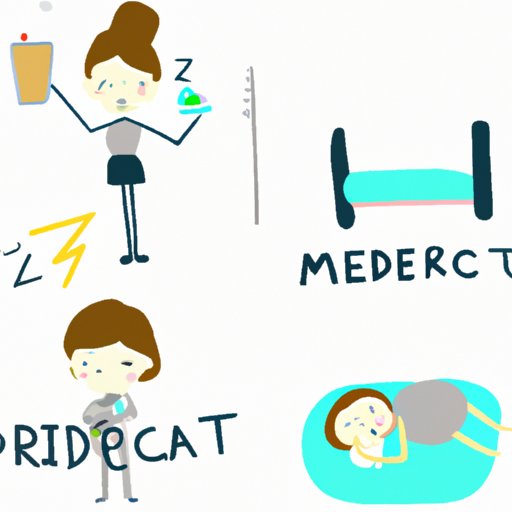Introduction
Being overweight or obese is a growing health issue in many countries. According to the World Health Organization, worldwide obesity has nearly tripled since 1975, with over 650 million adults having a body mass index (BMI) greater than 25 kg/m2. Being overweight or obese can lead to a variety of health problems, including heart disease, stroke, type 2 diabetes, and certain types of cancer. Therefore, it is important to learn how to not be fat.
Eating a Balanced Diet
One of the most important strategies for preventing obesity is to eat a balanced diet. This means consuming whole grains, lean proteins, fruits, and vegetables in moderate amounts. Whole grains are an excellent source of fiber, vitamins, minerals, and other beneficial compounds, and they should make up at least half of all grains eaten. Lean proteins such as fish, poultry, beans, and eggs should be included in the diet. Fruits and vegetables should make up at least half of the total daily food intake. Eating a variety of colorful fruits and vegetables is especially beneficial.
Exercise Regularly
In addition to eating a balanced diet, regular physical activity is essential for maintaining a healthy weight. Aerobic activities such as walking, jogging, swimming, and cycling are great ways to burn calories and keep the heart and lungs healthy. Strength training is also beneficial, as it helps to build muscle and increase metabolism. The American College of Sports Medicine recommends that adults get at least 150 minutes of moderate-intensity aerobic activity per week, as well as two days of strength training.
Cut Back on Processed Foods and Sugary Drinks
Processed foods, such as chips and candy, are high in calories and low in nutrition. They also contain added sugar and unhealthy fats, which can contribute to weight gain. Sugary drinks such as soda, energy drinks, and fruit juices can also add extra calories to the diet. Therefore, it is important to limit these items and replace them with healthier options like water, unsweetened tea, and low-fat milk.
Track Calorie Intake
Tracking calorie intake can be a helpful tool for preventing obesity. By keeping track of what and how much is being eaten, it is easier to stay within recommended calorie limits. Studies have shown that people who track their food intake tend to be more successful in losing weight and keeping it off. Tracking can be done using online websites, apps, or even pen and paper.
Get Adequate Sleep
Getting enough sleep is another important factor in preventing obesity. Research has shown that people who don’t get enough sleep are more likely to be overweight or obese. Adequate sleep helps to regulate hormones that control appetite and hunger, so when someone doesn’t get enough sleep, they are more likely to crave unhealthy foods. The National Sleep Foundation recommends that adults get between seven and nine hours of sleep per night.
Conclusion
Preventing obesity requires a commitment to making lifestyle changes. Eating a balanced diet, exercising regularly, cutting back on processed foods and sugary drinks, tracking calorie intake, and getting enough sleep are all important steps in not being fat. While it may take some time and effort to make these changes, the benefits of improved health and a lower risk of obesity are worth it.
(Note: Is this article not meeting your expectations? Do you have knowledge or insights to share? Unlock new opportunities and expand your reach by joining our authors team. Click Registration to join us and share your expertise with our readers.)
